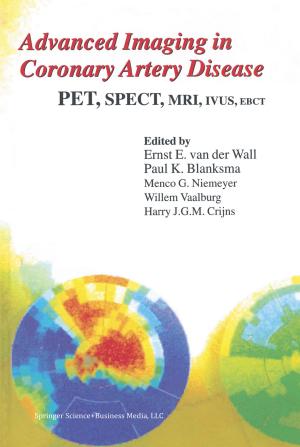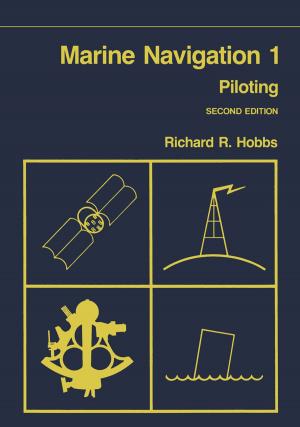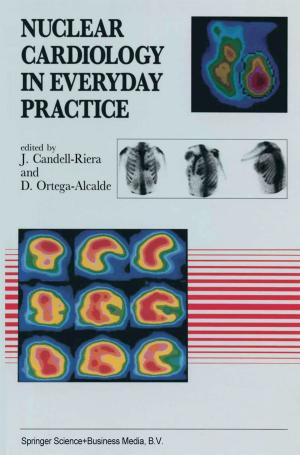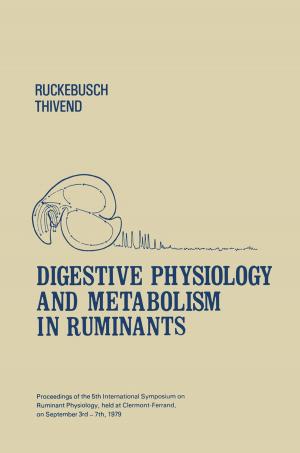Diabetic Eye Disease
An Illustrated Guide to Diagnosis and Management
Nonfiction, Health & Well Being, Medical, Specialties, Internal Medicine, Endocrinology & Metabolism, Gynecology & Obstetrics| Author: | E.E. Kritzinger, K.G. Taylor | ISBN: | 9789401163446 |
| Publisher: | Springer Netherlands | Publication: | December 6, 2012 |
| Imprint: | Springer | Language: | English |
| Author: | E.E. Kritzinger, K.G. Taylor |
| ISBN: | 9789401163446 |
| Publisher: | Springer Netherlands |
| Publication: | December 6, 2012 |
| Imprint: | Springer |
| Language: | English |
The commonest cause of blindness in young and middle-aged people in the Western world is diabetes mellitus. Although the mechanism underlying diabetic retinopathy is still not understood, the technology to reduce its progress exists, provided treatment is given at the appropriate time. Doctors caring for patients with diabetes should be familiar with all aspects of diabetic retinopathy as well as the other ocular complications of diabetes. They also need a basic knowledge of the special techniques used in the diagnosis and treatment of diabetic eye disease (fundus fluorescein angiography, retinal photocoagulation, vitrectomy) and to understand how these procedures affect the diabetic patient in terms of limitation of activities and time off work. To ensure the most efficient use of ophthalmic services a clear plan of referral to ophthalmologists is required. These are the concepts on which this guide is based, compiled by an ophthalmologist involved in the treatment of diabetic eye disease and a physician with a special interest in diabetes. In addition to doctors involved in the management of diabetic patients, this guide may be of value to ophthalmic opticians, medical students and nurses as a self-instruction manual. ' 7 1 Examination of the Eye Testing visual acuity Using the ophthalmoscope The normal fundus The abnormal fundus Recording the findings 9 TESTING VISUAL ACUITY Method Test one eye at a time. Test distant visual acuity. Correct the refractive error if the visual acuity is worse than 6/6.
The commonest cause of blindness in young and middle-aged people in the Western world is diabetes mellitus. Although the mechanism underlying diabetic retinopathy is still not understood, the technology to reduce its progress exists, provided treatment is given at the appropriate time. Doctors caring for patients with diabetes should be familiar with all aspects of diabetic retinopathy as well as the other ocular complications of diabetes. They also need a basic knowledge of the special techniques used in the diagnosis and treatment of diabetic eye disease (fundus fluorescein angiography, retinal photocoagulation, vitrectomy) and to understand how these procedures affect the diabetic patient in terms of limitation of activities and time off work. To ensure the most efficient use of ophthalmic services a clear plan of referral to ophthalmologists is required. These are the concepts on which this guide is based, compiled by an ophthalmologist involved in the treatment of diabetic eye disease and a physician with a special interest in diabetes. In addition to doctors involved in the management of diabetic patients, this guide may be of value to ophthalmic opticians, medical students and nurses as a self-instruction manual. ' 7 1 Examination of the Eye Testing visual acuity Using the ophthalmoscope The normal fundus The abnormal fundus Recording the findings 9 TESTING VISUAL ACUITY Method Test one eye at a time. Test distant visual acuity. Correct the refractive error if the visual acuity is worse than 6/6.















